Computing
Subject Leader: Miss Williams
Computing at Airedale Infant School is intended to develop our children into confident, digital citizens who are able to participate in an ever-changing technological society. We aim to provide a high-quality computing education, which will engage, inspire and challenge pupils, equipping them with the knowledge and skills to be responsible, safe and competent users of a range of devices.
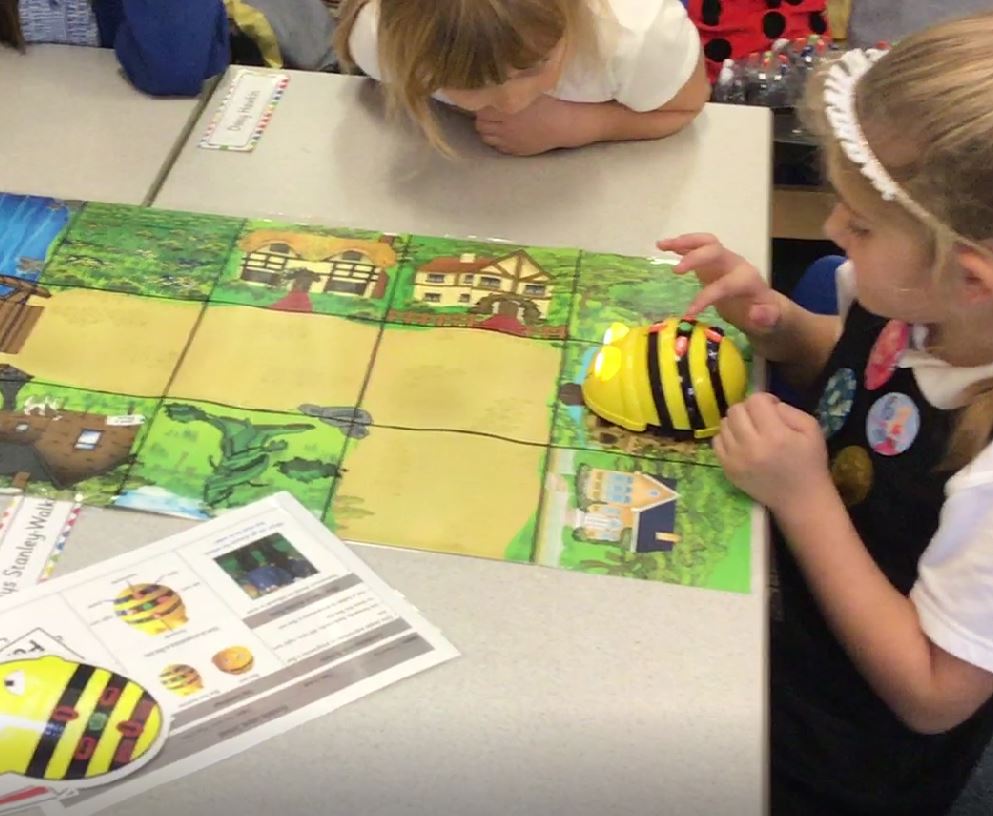
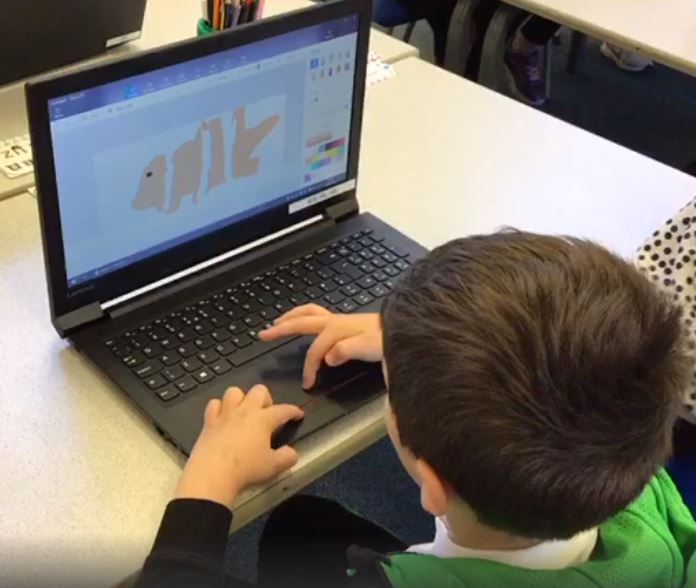
The primary objectives of teaching computing at Airedale Infant School enable children to:
- Understand and apply the fundamental principles and concepts of computer science, including abstraction, logic, algorithms and data representation
- Analyse problems in computational terms, and have repeated practical experience of writing computer programs in order to solve such problems
- Evaluate and apply information technology, including new or unfamiliar technologies, analytically to solve problems
- Be responsible, competent, confident and creative users of information and communication technology
The Airedale Computing Curriculum
Our curriculum is skills and knowledge based, including full coverage of the National Curriculum which meets the needs of all Airedale Infants and Junior pupils. This takes into consideration the school setting, local, national and international developments.
Our pupils are offered a very wide range of experiences within the curriculum to extend their understanding of themselves and the world in which they live. The children develop skills, attitudes, and values to enable them to become lifelong learners and equip them for the future. The ability to learn is underpinned by the teaching of basic skills, concepts, and values. There should be no limits to curiosity, and we instil a thirst for new experiences and knowledge.
We actively promote British Values and Social, Moral, Spiritual and Cultural differences. We also provide opportunities for our pupils to learn about the contribution of Britons to innovation, excellence and changes in the world.
The Curriculum has been organised into topics which are a vehicle to promote our school values and curriculum drivers, and allows for the development of skills and understanding within and across the subjects. Our curriculum topics allow the teaching of threshold concepts that are the fundamental ‘learning elements’. These concepts are built upon and developed within the year, across the year and over the course of the school experience.
Adaptive teaching (aka agile teaching) recognises: individual needs; the need for varied and additional resources; when, where and how additional support can be facilitated; and how children learn best. Teachers must plan lessons so that all pupils can study every national curriculum subject and experience success against age-appropriate expectations and/or their own bespoke personal targets.
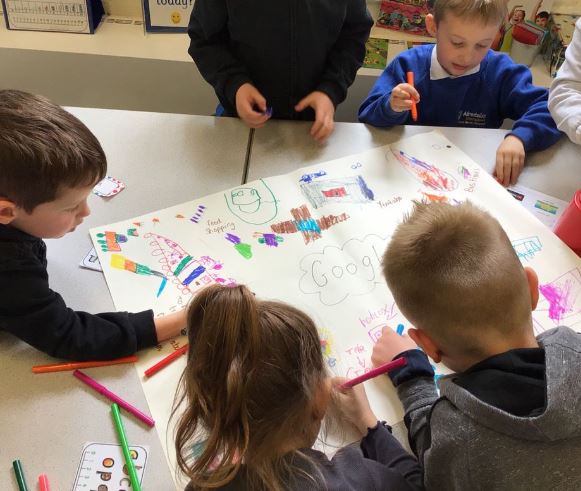
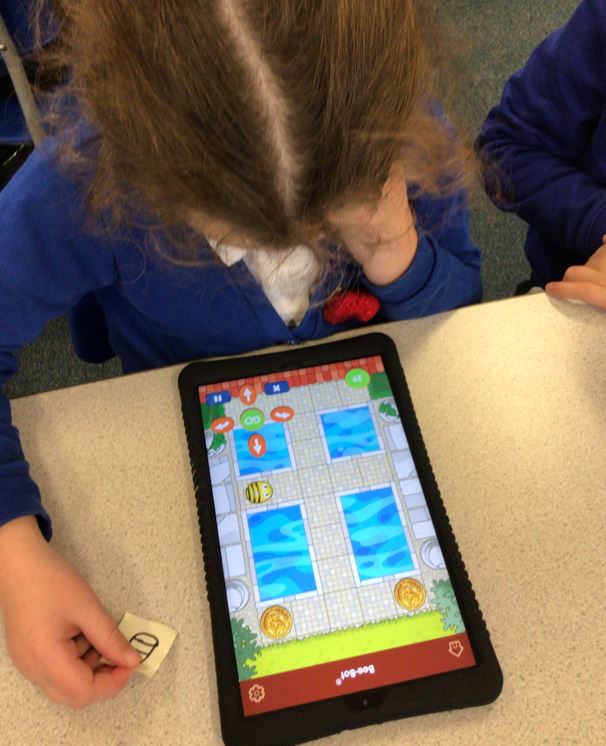
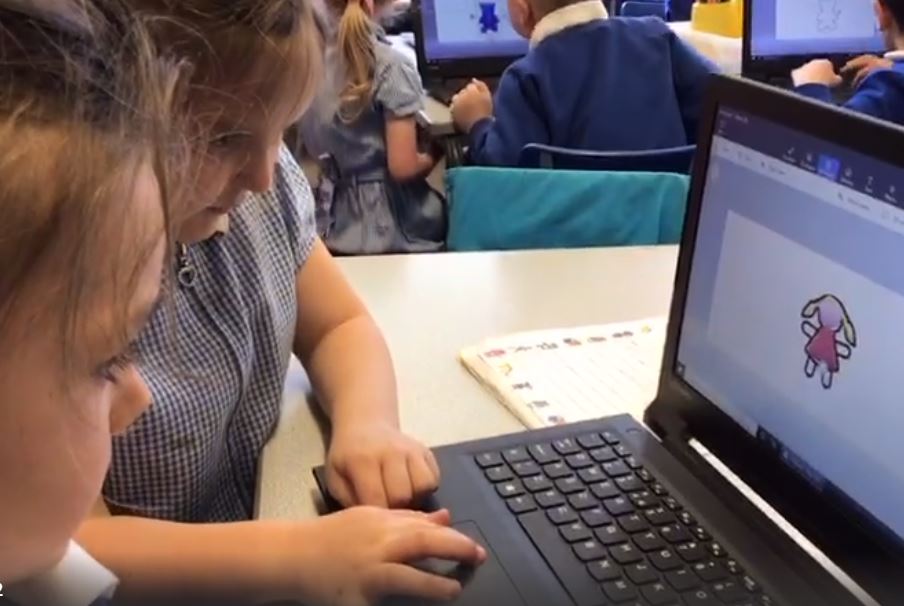
Computing permeates throughout our curriculum and links closely to our school drivers which incorporate our TRUST values of Ambition, Bravery and Respect and underpin our school ethos. Through online safety lessons, children are taught about the need for being respectful citizens, linking closely with our SMSC curriculum and the need for being responsible members of the community, whilst being able to make the right choices online.
Oracy and communication are fundamental skills that we promote through the use of a variety of technical equipment, where we train children to use a wide range of vocabulary during lessons. These promote oracy through the use of digital media. Tier 3 vocabulary is carefully planned for across the computing curriculum to promote language acquisition.
We understand that our children do not always have access to a range of devices outside of school and therefore we plan for them to have experiences with a range of digital media.
Being independent and fostering a love for life-long learning is crucial in an advancing digital society. This is promoted in computing regularly (E.g. search engines, online safety, accessing help) This allows pupils to develop a range of enquiry skills. With the help of our school ‘Digital Leaders’, our children are encouraged to build good relationships with their peers, work independently and collaboratively and support one another.
Our computing curriculum is designed to equip children with self-regulation skills across all areas of online safety as outlined by the Government document, ‘Education for a Connected World’. We understand that online safety is paramount in an ever – changing digital society and provide regular opportunities to explore these themes, linked closely with our PSHE Curriculum.
Children are taught to challenge past stereotypes, particularly connected to gender, encouraging and providing an inclusive curriculum for all pupils.
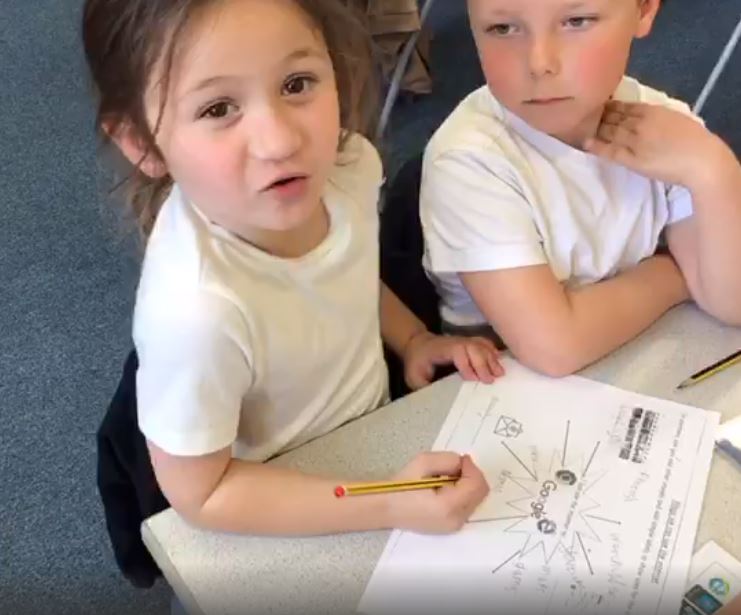


How do we ensure progression of knowledge and skills?
At Airedale Infant School, we have in place, for each subject area, a knowledge and skills progression document, which is used for planning, to ensure sequenced and appropriate content for specific year groups. Teachers are clear on the learning and expectations for each year group, as this has been carefully selected and mapped out so that children are building on prior knowledge and skills each term and each year. Whenever possible, we teach through a themed approach, to enable our children to embed and revisit learning, make connections and develop a greater depth of understanding within the subject. The content is chosen in order to make effective links with key cross-curricular themes, reflect expectations in the National Curriculum programmes of study and engage and inspire children’s curiosity and interest in computing.
Ultimately, our curriculum is designed to ensure that pupils know more and remember more, through the use of progressive skills. Within these documents there are opportunities for differentiation, in order to meet the needs of all learners.
How is the subject taught?
When children are in computing lessons, they are explicitly told that they are going to be ‘digital users’. They are then reminded of the key skills that they will learn, use and develop within this subject, specifically linking to their prior learning. The knowledge content is carefully selected and skilfully taught alongside the key skills and concepts, which are threaded throughout the computing curriculum. This allows children ample opportunities to revisit, reinforce and embed learning.
Within each computing lesson, children are introduced to and reminded of key vocabulary, in order to promote oracy and language acquisition. Specific questioning is used to check children’s understanding and prior knowledge, before new concepts, skills or knowledge are introduced. Modelling is used by class teachers to clarify expectations, children are then given plentiful opportunities to consolidate, build upon and apply basic skills and knowledge, across a series of lessons, as well as across their subsequent years.
In accordance with the National Curriculum Key Stage 1 children will be taught to:
- understand what algorithms are; how they are implemented as programs on digital devices; and that programs execute by following precise and unambiguous instructions
- create and debug simple programs
- use logical reasoning to predict the behaviour of simple programs
- use technology purposefully to create, organise, store, manipulate and retrieve digital content
- recognise common uses of information technology beyond school
- use technology safely and respectfully, keeping personal information private; identify where to go for help and support when they have concerns about content or contact on the internet or other online technologies.
How do we know that our children are making progress?
Ongoing assessments of the children’s knowledge and skills are made by the class teacher. Misconceptions are addressed and next steps carefully planned. Children’s outcomes are compared to the subject specific skills and knowledge documents.
Subject leaders gather an overview of children’s outcomes in each subject area. This is used to plan appropriate next steps for their future learning, as well as provide an overview of learning within a subject area cross the whole school.
What wider opportunities are provided for our children?
In addition to discrete teaching in this subject, opportunities for computing through additional enrichment and links with other subject areas, ensure that elements of the computing curriculum are accessed by children throughout the year.
Further Information & Links:




